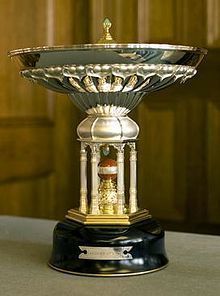
Commemorating Iftikhar Pataudi in the England-India series
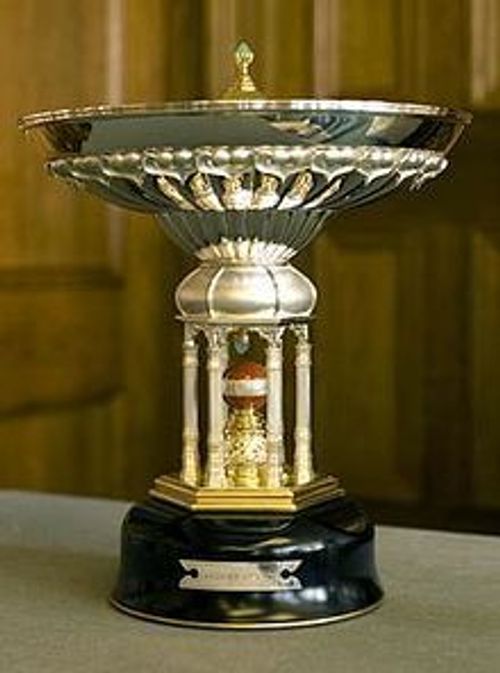
The Pataudi Trophy was first awarded in 2007 to the side winning the series between England and India. It is to commemorate the 75th anniversary of the first Test match between the two sides. It is also in memory of Iftikhar Ali Khan Pataudi, the Nawab of Pataudi Sr., the only cricketer to have represented both England and India in Tests.
Cricket gets another Prince
Iftikhar was born in the small princely state of Pataudi in 1910. Upon his father’s death, he became the Nawab at the young age of seven. He studied at Chief’s College, Lahore. Here he was initiated to cricket by M G Slater, an Oxford cricketer. When Iftikhar moved to England to study at Balliol College, Oxford, he was coached by Frank Woolley.
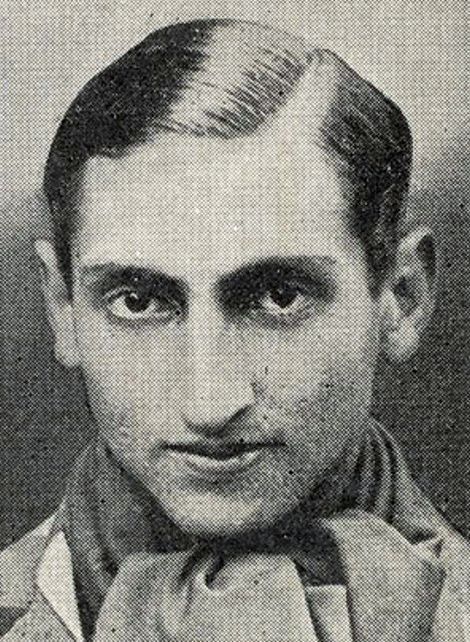
Iftikar had to wait for two years till 1930 to get a chance to play for Oxford when he saved his side from defeat in the only match he played. The following season he scored 1,307 runs for Oxford at a batting average of 97. In the University Match that year when one of the players scored 201, Iftikhar said that he will better it. He did so the very next day by scoring 238 not out, a record that was broken only in 2005. In England, he was called Pat (for Pataudi).
The Nawab plays first-class cricket
Worcestershire invited Iftikhar to play in their team in 1932 but he represented them in only three matches scoring a total of just 65 runs. But that year he played a superlative innings for the Gentlemen at Lord’s where he displayed great footwork to thrash one of the most reputed bowlers of the time, Tich Freeman. That not only earned him the honour of being named as a Wisden Cricketer of the Year but also earned him a place in the England side for the Ashes tour of Australia.
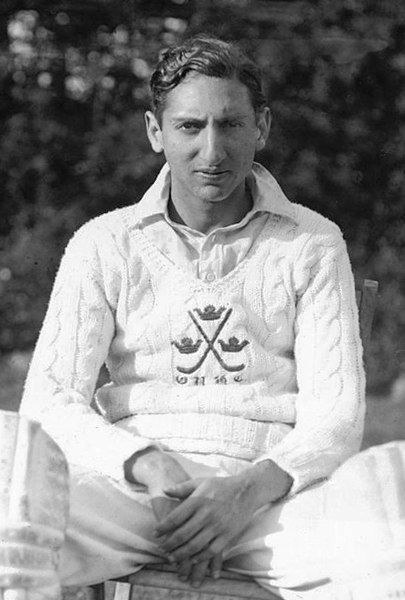
Iftikar and the Bodyline series
That series is infamously known as the Bodyline Series and England was captained by Douglas Jardine. On debut in the first Test, Iftikhar scored a century, but not before he had a run-in with his captain. Pataudi did not think highly of Jardine’s bodyline tactics and told the captain so. To that Jardine famously remarked, “I see that His Highness is a conscientious objector”. Iftikhar played in the next match and scored only 15 and 5, and did not bat again in the series.
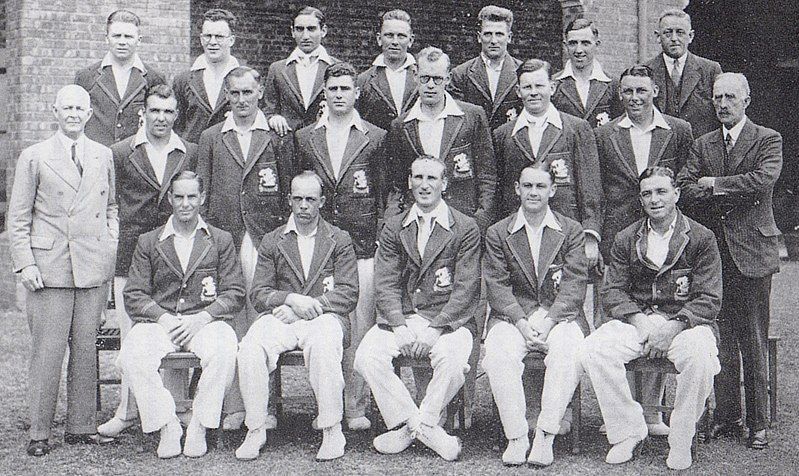
While commenting about the incident and Jardine, Iftikhar said, “ I am told that he has his good points. In three months I am yet to see them”. In 1933 Iftikhar scored 1749 first-class runs with an average of 49. Suffering from poor health, Iftikhar played only 15 matches from 1934 to 1937 but scored at a good batting average. He played his last Test for England against Australia in June 1934 scoring just 12 and 10 runs.
As the Indian captain
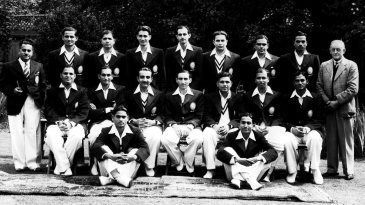
Pataudi was considered as a captain for India’s first Test in England in 1932 but declined. Again in 1936 he was appointed to lead the team to England but had to withdraw at the last moment because of ill health. It was in 1946 that he finally captained the Indian team to England. In the 5 innings that he played he only managed 45 runs. He was named the Indian Cricketer of the Year in the 1945-46 season.
Death and lineage
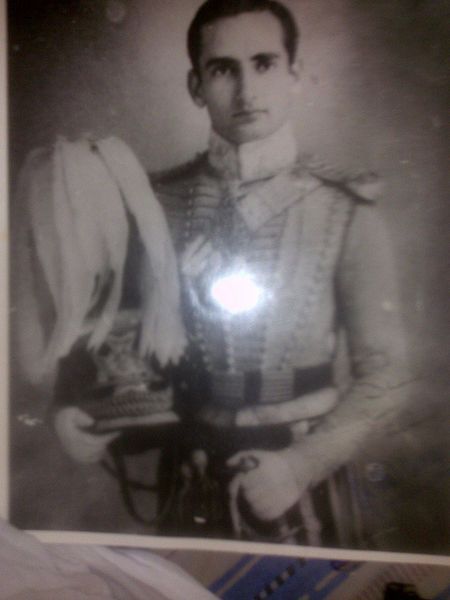
Iftikhar Ali Khan was suffering from poor health and died at a young age of 42, of a heart attack while playing polo on 5 Jan 1952. That day was his son’s, Mansoor Ali Khan’s eleventh birthday and he succeeded his father as the Nawab of Pataudi. Mansoor Ali Khan was also to lead India in Test matches with distinction. Saif Ali Khan (the famous film star) is Iftikhar Ali Khan’s grandson. And in 2007 the Pataudi Trophy was launched to commemorate the charismatic leader.